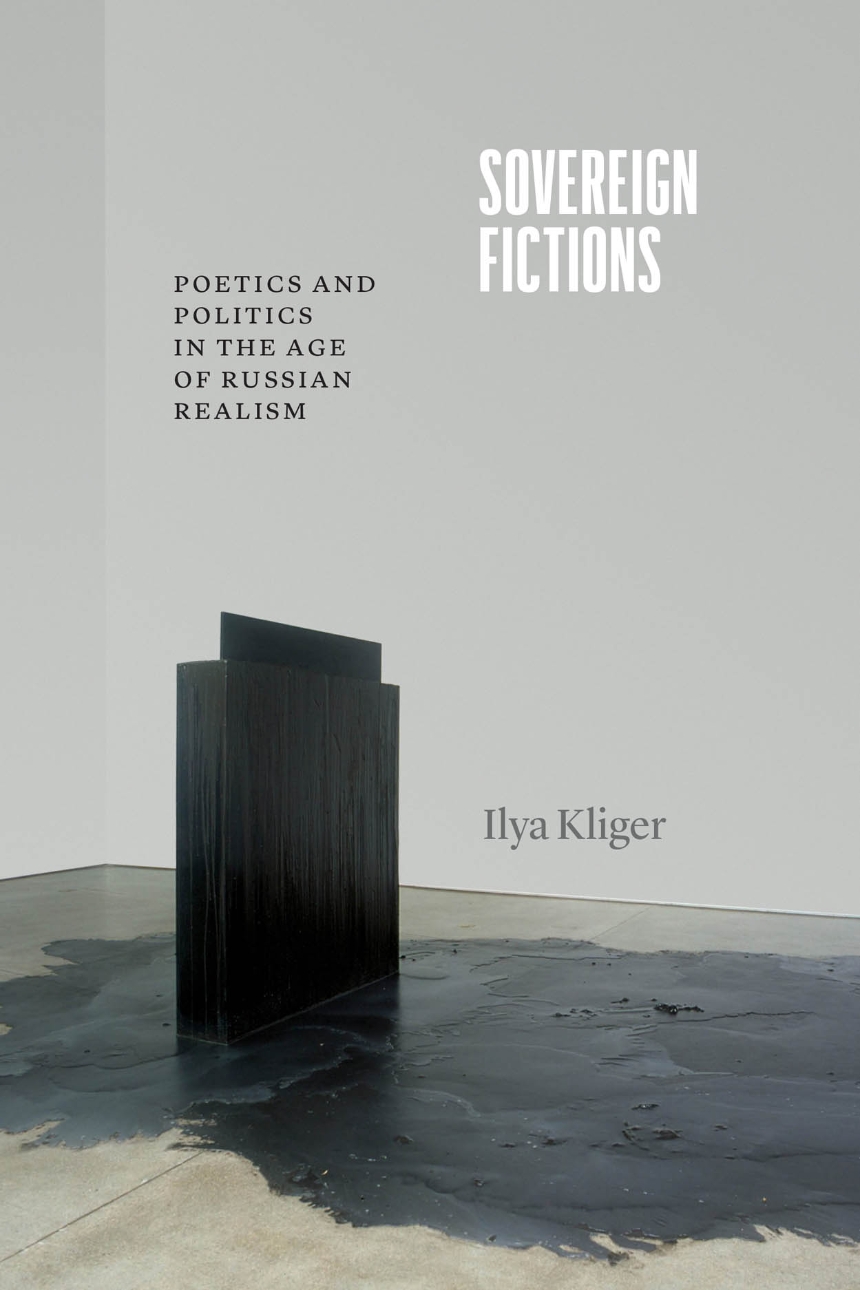Sovereign Fictions
Poetics and Politics in the Age of Russian Realism
9780226831879
9780226831862
9780226831886
Sovereign Fictions
Poetics and Politics in the Age of Russian Realism
An exploration of Russian realist fiction reveals a preoccupation with the absolutist state.
The nineteenth-century novel is generally assumed to owe its basic social imaginaries to the ideologies, institutions, and practices of modern civil society. In Sovereign Fictions, Ilya Kliger asks what happens to the novel when its fundamental sociohistorical orientation is, as in the case of Russian realism, toward the state. Kliger explores Russian realism’s distinctive construals of sociality through a broad range of texts from the 1830s to the 1870s, including major works by Tolstoy, Dostoevsky, Gogol, Pushkin, Lermontov, Goncharov, and Turgenev, and several lesser-known but influential books of the period, including Alexander Druzhinin’s Polinka Saks (1847), Aleksei Pisemsky’s One Thousand Souls (1858), and Vasily Sleptsov’s Hard Times (1865). Challenging much current scholarly consensus about the social dynamics of nineteenth-century realist fiction, Sovereign Fictions offers an important intervention in socially inflected theories of the novel and in current thinking on representations of power and historical poetics.
The nineteenth-century novel is generally assumed to owe its basic social imaginaries to the ideologies, institutions, and practices of modern civil society. In Sovereign Fictions, Ilya Kliger asks what happens to the novel when its fundamental sociohistorical orientation is, as in the case of Russian realism, toward the state. Kliger explores Russian realism’s distinctive construals of sociality through a broad range of texts from the 1830s to the 1870s, including major works by Tolstoy, Dostoevsky, Gogol, Pushkin, Lermontov, Goncharov, and Turgenev, and several lesser-known but influential books of the period, including Alexander Druzhinin’s Polinka Saks (1847), Aleksei Pisemsky’s One Thousand Souls (1858), and Vasily Sleptsov’s Hard Times (1865). Challenging much current scholarly consensus about the social dynamics of nineteenth-century realist fiction, Sovereign Fictions offers an important intervention in socially inflected theories of the novel and in current thinking on representations of power and historical poetics.
312 pages | 6 x 9 | © 2024
Literature and Literary Criticism: General Criticism and Critical Theory, Slavic Languages
Reviews
Table of Contents
Note on Transliteration and Translation
Introduction
1. Russian Realism: Another Social Imaginary
2. State: Other Reality Effects
3. Family: Other Domestic Fictions
4. Nation: Other Imagined Communities
5. Précis: Poetics and Politics in Russian Realism
Epilogue: Making the State Visible
Acknowledgments
Notes
Index
Introduction
1. Russian Realism: Another Social Imaginary
2. State: Other Reality Effects
3. Family: Other Domestic Fictions
4. Nation: Other Imagined Communities
5. Précis: Poetics and Politics in Russian Realism
Epilogue: Making the State Visible
Acknowledgments
Notes
Index
